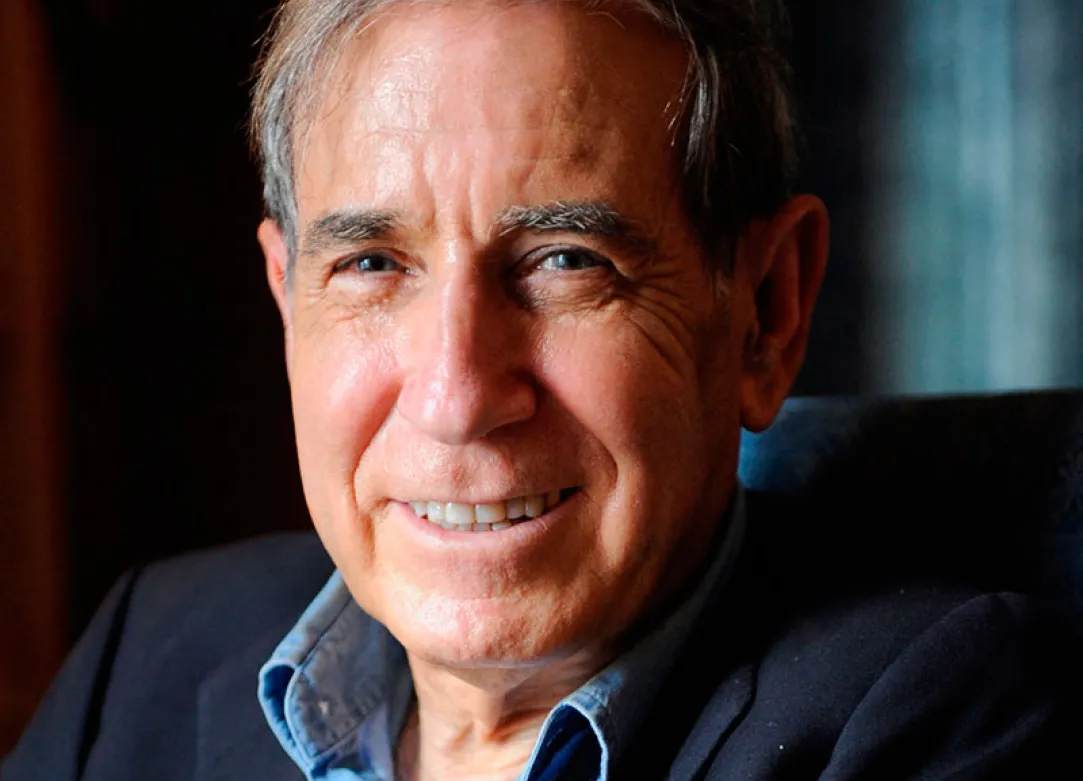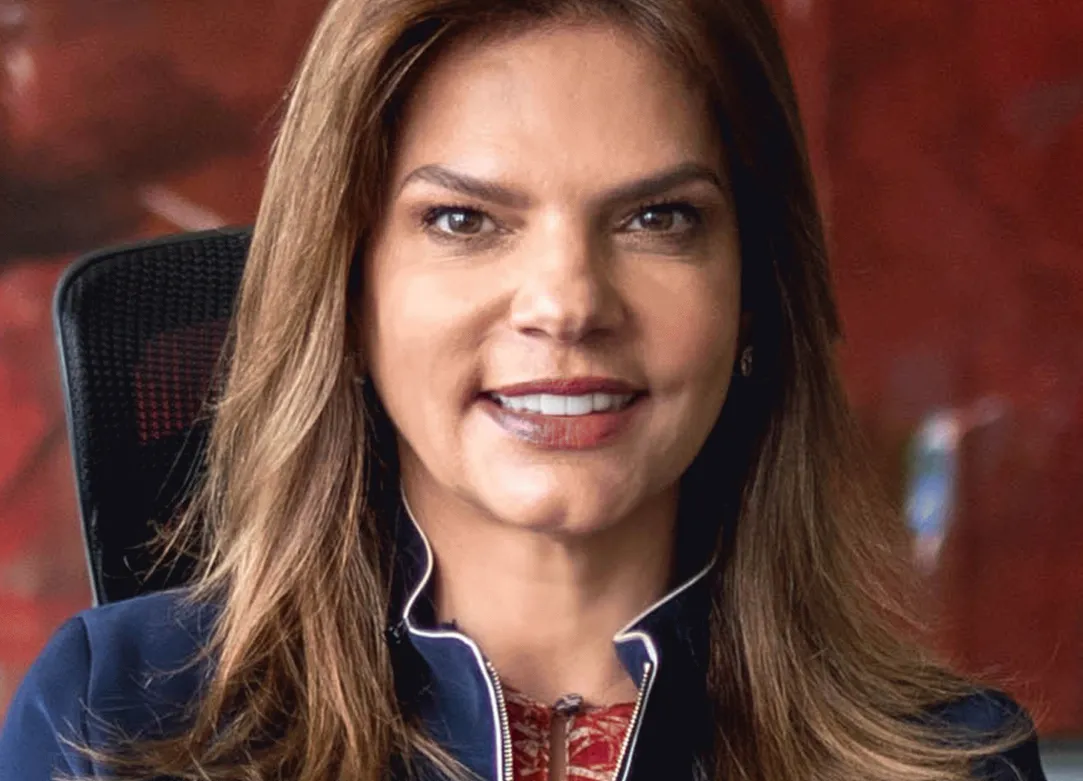Pandit Dasa is a Mindful Leadership Expert, author and motivational keynote speaker. His inspirational speeches aim to create a more mindful workplace culture which increases productivity and improves retention. He encourages leadership and co-workers to appreciate and celebrate the success and contributions of others. This attitude fosters trust, enhances teamwork and greatly impacts employee performance. He emphasizes the importance of leading without ego and highlights the importance of cultivating self-awareness and personal growth and development.
Pandit captures the audience's attention by sharing his journey on how and why he spent 15 years living as a monk in New York City, the incredible life and leadership lessons he learned from that experience and why he's no longer a monk. His story is chronicled in his book, Urban Monk. Some key messages the audience will take away are:
- Understanding how our mind, thoughts and emotions impact our reactions and behavior.
- Tools for managing one's emotions and staying calm and collected before pressing the "send" button.
- The value of consistently appreciating our colleagues.
- Attendees will be encouraged to lead by example by setting a proper leadership model.
- Learn breathing and focusing techniques that can reduce stress, improve productivity and boost emotional intelligence.
Pandit Dasa has spoken to many Fortune 100 and Fortune 500 companies. Some of the organizations he has spoken to are:
Google, Citibank, IBM, State Farm, Federal Reserve Bank of Chicago, Nationwide Insurance, SAP, Bank of America, AMC Theatres, Intel, WeWork, Royal Bank of Canada, AMC Networks, Novartis, Comcast, TD Ameritrade, JPMorgan Chase, The World Bank, World Government Summit, SHRM National Convention, Oracle HCM Convention and many others.





